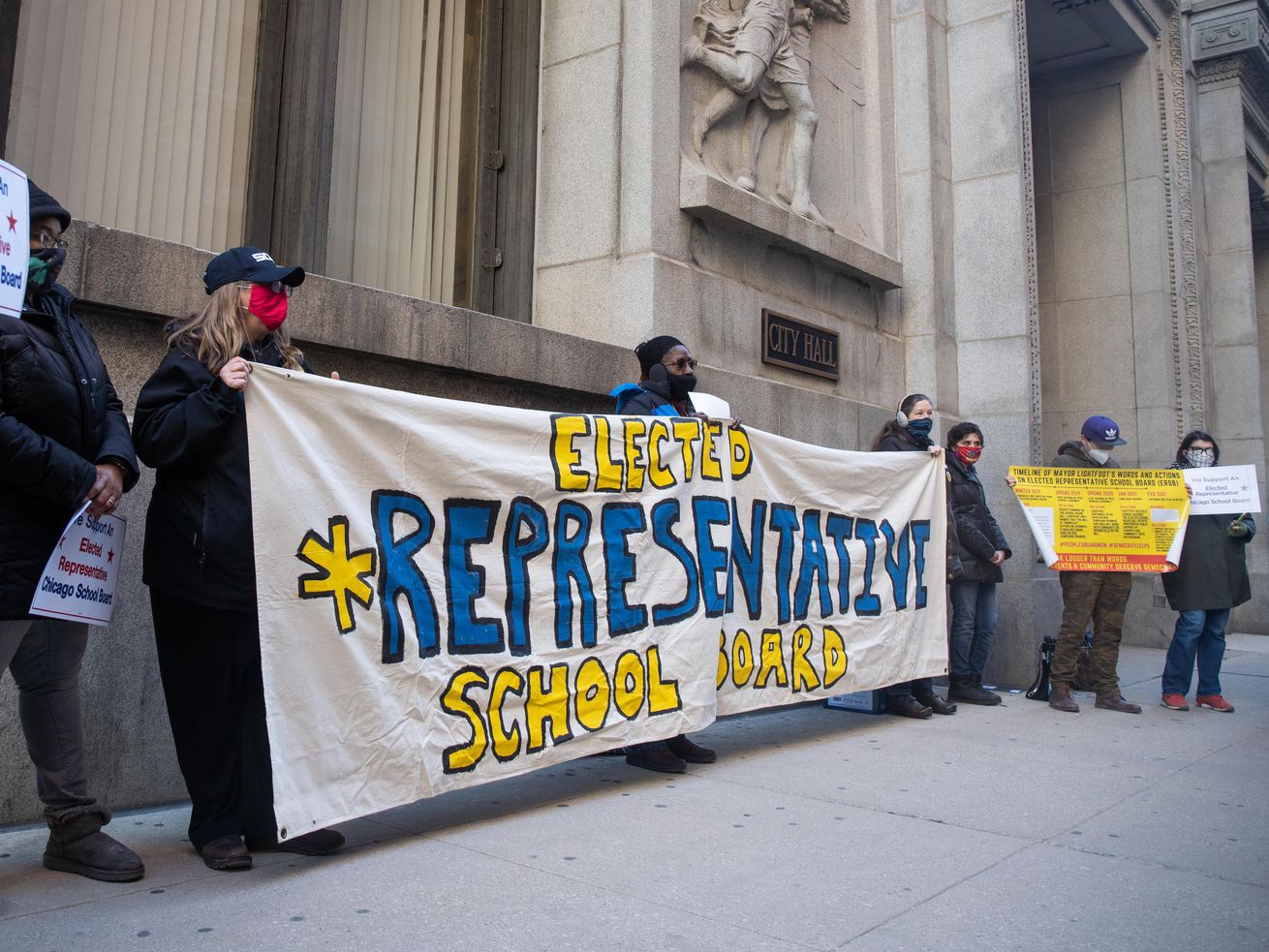
Parents should have the power to weigh in. They have the most at stake. It’s time they were in charge.
Plenty of people have strong opinions about what Chicago’s school board should look like. With political groups squaring up for a battle, there is already evidence that they plan to weaponize parents for their own agendas, rather than listen to them.
Here’s an idea: let them tell us what they want. If you don’t have children in schools, you really shouldn’t be first in line to decide.
From focus groups we conducted with Chicago Public Schools parents, we found a unanimous takeaway — they want to be leading the decision about school board structure.
SEND LETTERS TO: letters@suntimes.com. Please include your neighborhood or hometown and a phone number for verification purposes. Letters should be 350 words or less.
Importantly, parents are not monolithic. However, given time to chew on the nuances behind the argument over an elected or appointed board, parents point to the same concerns about opposing political interests.
Elected boards devolve into political battlegrounds, with massive amounts of money determining election outcomes and excluding parents who can’t raise the money to run. These elections often center around issues that matter to unions and their adversaries, not the issues that matter to parents. Los Angeles’ $20 million school board election fight, between charter and anti-charter interests, is a perfect example.
Meanwhile, Chicago’s appointed board has made decisions without deep parent involvement, most glaringly the decision to close 50 schools. Some communities are still reeling from these closings, made disproportionately in minority neighborhoods with the justification that the schools were under-enrolled. But there’s a double standard: under-enrolled schools in majority-white communities were never closed in the past.
What we have heard is that parents are looking for balance. They want a structure that maintains the mayor and city’s commitment to supporting CPS with resources and ensures that the everyday mom and dad can serve on the board (not just those with money). The majority of parents also believe undocumented families should be able to vote and run in any board elections. They want board members whose racial demographics closely match CPS, not the city.
The only way to have a board that will work for the majority of families is if we let them tell us what they want. This means families that reflect the faces of CPS kids, not the white families of privilege who have been able to leverage their advantages in the past.
It may require a shift in mindset to recognize that parents know what they are talking about.
But parents should have the power to weigh in. They have the most at stake. It’s time they were in charge.
Daniel Anello, chief executive officer, Kids First Chicago
Politicians begging for money
Something is terribly wrong with our system of government when we elect people to represent us in executive, legislative and judicial positions and then have these elected officials ask us every day to send them money so they can pass legislation, confirm appointments, help colleagues get elected, and support worthwhile causes.
During this last election cycle, I was getting two dozen requests for money every day from senators, representatives, political parties and social justice organizations. Citizens shouldn’t have to send money to their elected representatives so they can do their jobs. Our system of representative democracy is broken.
David Richard Wood, Edgewater
Clarification
Friday’s editorial headlined “Current policies funnel large number of sex offenders into one building. That needs to change” included a photo of the Cook County Jail. The policies discussed in the editorial do not involve the jail.